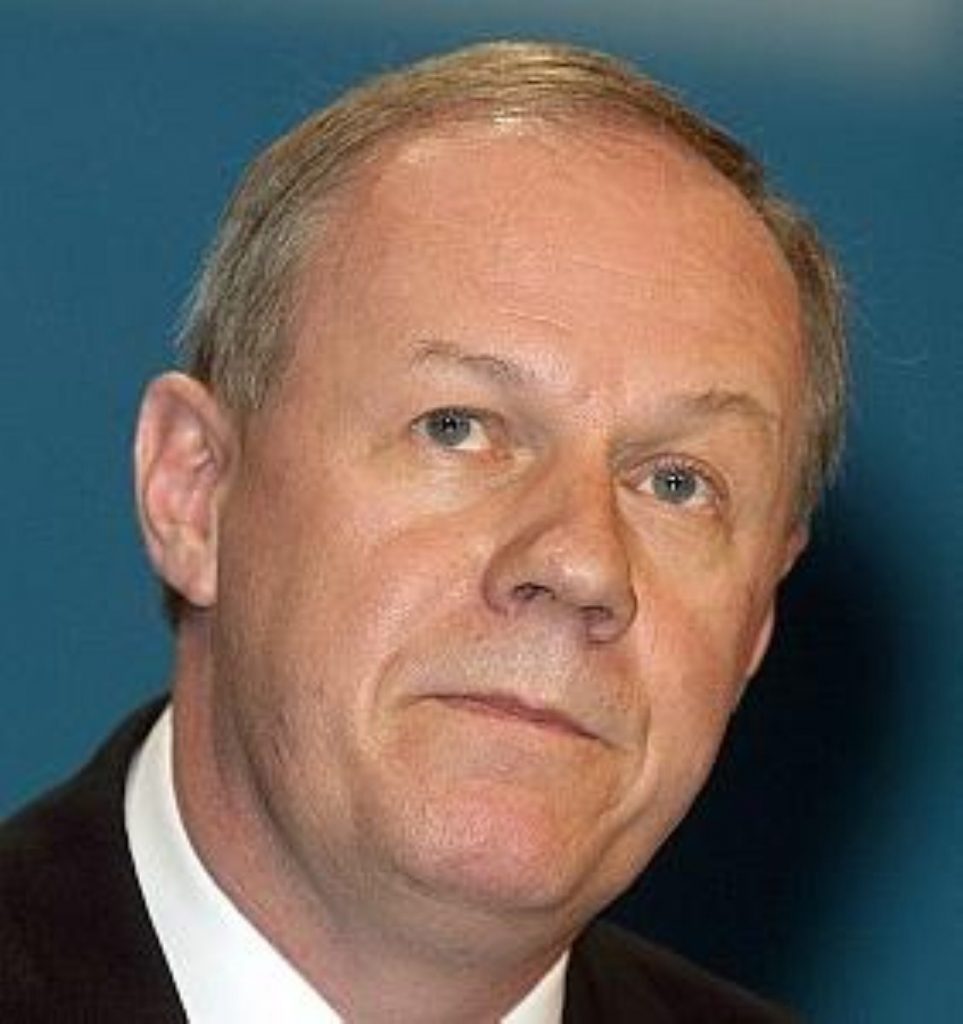Green arrest ‘not proportionate’
By Ian Dunt
The arrest of Damian Green was “not proportionate” to the threat the leaks provoked, an official report has found.
An interim report by former British Transport police chief Ian Johnston, released today, found the arrest could not justified on national security grounds.
It comes at the same time as a report by HM Chief Inspector of Constabulary (HMIC) Denis O’Connor, which was also critical of the police reactions.


Then home secretary Jacqui Smith told MPs at the time that the arrest had been conducted in order to prevent future leaks which could have an impact on national security.
But Mr Johnston’s report suggested they merely caused “embarrassment” for ministers.
“In my view, the manner of Green’s arrest was not proportionate because his arrest could have been carried out on an appointment basis, by prior agreement, and when he could be accompanied by his legal representative,” he wrote.
“I recognise the significant political context in which the leaks occurred and the professional anxiety they caused within the civil service.
“However, I regard the leaks for which [Christopher] Galley can be clearly held responsible in law, as amounting to ’embarrassment matters’ for government.
“I do not think, from the material presented to me, that the leaks in themselves are likely to undermine government’s effectiveness.”
Meanwhile, a second report by HM Chief Inspector of Constabulary (HMIC) Denis O’Connor stressed a new framework for how police should treat similar cases.
“As we now know, the Home Office leaks were not a threat to national security and yet the police became involved in an investigation,” Mr O’Conner wrote.
“They did this as a result of a convergence of events; concern over the potential threat; and Cabinet Office guidelines which, on some readings, could be seen to have encouraged a police investigation.
“The smooth running of government is not an obvious matter for the police. The police are generally considered to be part of the state, but not an instrument of the executive as such.”
Mr O’Connor concluded: “Experience tells us that the investigation of leaks, particularly those involving national security or with a political dimension, are fraught with difficulties.”
The report suggested only the most serious leaks should be investigated by police and the rest left for government departments to look into themselves.
It also calls for the police to continually ensure they are being seen to behave impartially and limit their attention to cases involving national security. This would entail breaches of the Official Secrets Act, affecting the “wellbeing of the UK” or other exceptional cases of serious criminality.
Assistant commissioner John Yates responded: “From the moment we were told that the leaks from the Home Office may have involved matters relating to national security, it was our priority to carry out a thorough investigation.
We accept that some elements of the inquiry could have been carried out differently, and lessons learned from this have already been factored into how we conduct this type of inquiry both now and in the future.”
Mr Green had his parliamentary and constituency offices raided and was held for nine hours in November.
Home Office civil servant Mr Galley was not charged but was dismissed from his post.









